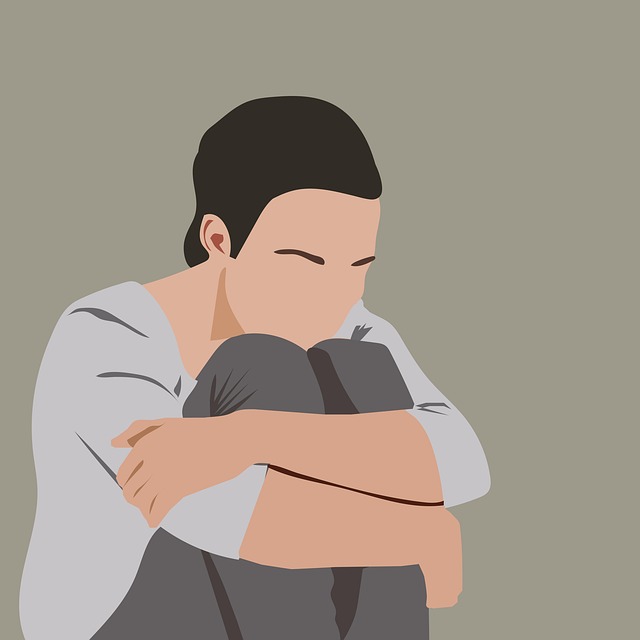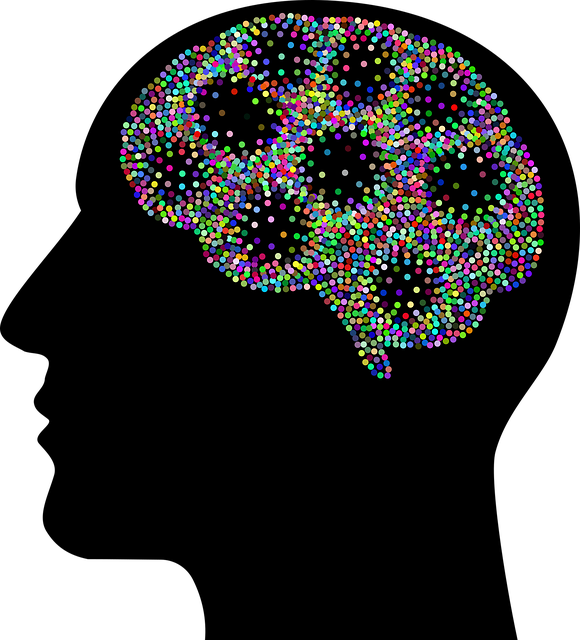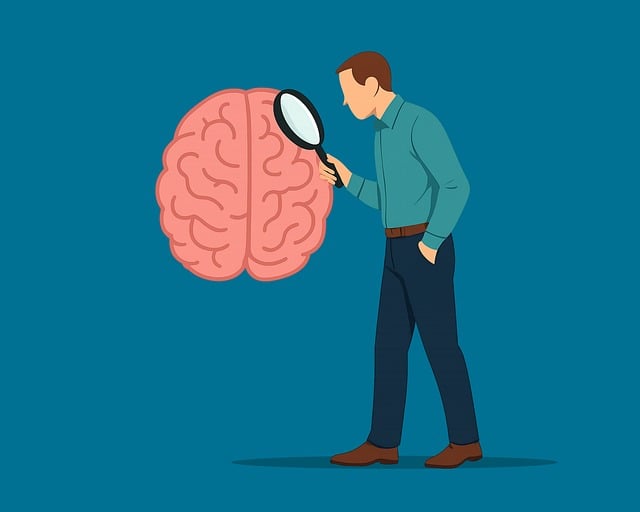The Resilient Factors Model (RFM) is a powerful tool for therapists supporting adolescent and teen mental health, focusing on Resourcefulness, Flexibility, and Mastery. This structured approach enhances emotional regulation through engaging resilience-building exercises tailored to this developmental stage. By combining therapy techniques, cultural sensitivity, art, music, and storytelling in public awareness campaigns, teens gain essential life skills for navigating challenges. Implementing RFM in a supportive therapy environment transforms lives, fostering confidence, flexibility, and effective communication to thrive academically and professionally.
Resilience is a crucial asset for adolescents and teens navigating today’s challenges. This article explores how RFM (Resourceful Living Model) can empower young individuals to cope with stress, build resilience, and thrive in therapy. We’ll delve into the science behind RFM, offering insights on designing engaging exercises tailored for this demographic. Additionally, we’ll discuss practical implementation strategies within a supportive therapy environment, focusing on effective support for adolescent and teen mental health.
- Understanding RFM and Its Impact on Adolescents and Teens
- Designing Effective Resilience-Building Exercises for Young Minds
- Implementing RFM in a Supportive Therapy Environment
Understanding RFM and Its Impact on Adolescents and Teens

Understanding RFM, or Resilient Factors Model, is crucial when considering therapy for adolescent and teen mental health. This framework identifies key elements that contribute to an individual’s resilience, offering a structured approach to enhance emotional regulation in young people. By focusing on these resilient factors, therapists can empower teens to navigate life’s challenges more effectively. RFM involves assessing three primary domains: Resourcefulness, Flexibility, and Mastery.
Resourcefulness refers to an individual’s ability to access inner strengths and external support networks during difficult times. Flexibility involves coping strategies that allow for adaptation when facing change or adversity. Mastery relates to the sense of competence and control one has over their environment. Implementing exercises that target these areas can lead to significant improvements in emotional regulation, confidence boosting, and stress reduction methods for adolescents and teens.
Designing Effective Resilience-Building Exercises for Young Minds

Designing effective resilience-building exercises for young minds involves tailoring activities that resonate with adolescents and teens. This age group is going through a crucial period of development, making them both eager to explore and vulnerable to emotional challenges. Exercises should be engaging and interactive, incorporating elements from therapy for adolescent and teen populations to foster growth. For instance, social skills training can help them navigate relationships while Cultural Sensitivity in Mental Healthcare Practice ensures exercises are inclusive and relevant to their diverse backgrounds.
Public Awareness Campaigns Development can play a significant role by introducing resilience concepts through creative means like art, music, or storytelling—methods that often hold more appeal for this demographic. By combining these strategies, resilience-building exercises can be designed not just to educate but also to inspire and empower young individuals to face life’s hurdles with greater fortitude.
Implementing RFM in a Supportive Therapy Environment

Implementing RFM (Resilience, Flexibility, and Mastery) techniques within a supportive therapy environment is a game-changer for adolescents and teens navigating challenges. This therapeutic approach empowers young individuals to develop essential life skills, fostering mental wellness and enhancing their overall resilience. By integrating RFM into sessions, therapists create a safe space where clients can explore and build upon their strengths, enabling them to face life’s hurdles with newfound confidence.
In this context, Social Skills Training and Communication Strategies become powerful tools. Through role-playing scenarios and guided discussions, adolescents learn effective communication techniques, improving their interactions with peers and adults. The RFM framework encourages teens to embrace flexibility in thinking and behavior, allowing them to adapt to changing circumstances and develop coping strategies for stress and anxiety. This holistic approach not only addresses immediate concerns but also equips young people with lifelong skills to thrive in various environments, from academic settings to future careers.
Resilience is a crucial asset for adolescents and teens navigating life’s challenges. Implementing RFM (a powerful tool) through tailored resilience-building exercises in a supportive therapy environment can significantly enhance their coping mechanisms. By understanding the RFM model, therapists can design effective strategies to strengthen young minds against adversity, offering them the skills to thrive despite life’s ups and downs. This approach is vital in providing comprehensive therapy for adolescent and teen clients.








